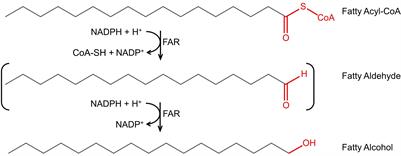CORRECTION
Published on 11 Jan 2021
Corrigendum: Multi-Omics Analysis of Fatty Alcohol Production in Engineered Yeasts Saccharomyces cerevisiae and Yarrowia lipolytica
doi 10.3389/fgene.2020.637738
- 1,328 views
- 1 citation
28k
Total downloads
163k
Total views and downloads
You will be redirected to our submission process.
CORRECTION
Published on 11 Jan 2021
ORIGINAL RESEARCH
Published on 11 Sep 2019
ORIGINAL RESEARCH
Published on 30 Aug 2019

HYPOTHESIS AND THEORY
Published on 23 Jul 2019
ORIGINAL RESEARCH
Published on 29 May 2019

ORIGINAL RESEARCH
Published on 28 May 2019

ORIGINAL RESEARCH
Published on 13 Mar 2019

ORIGINAL RESEARCH
Published on 01 Mar 2019

ORIGINAL RESEARCH
Published on 12 Feb 2019

ORIGINAL RESEARCH
Published on 11 Jan 2019

ORIGINAL RESEARCH
Published on 16 Nov 2018

ORIGINAL RESEARCH
Published on 13 Nov 2018


Frontiers in Microbiology
Evolutionary and Genomic MicrobiologyOffline